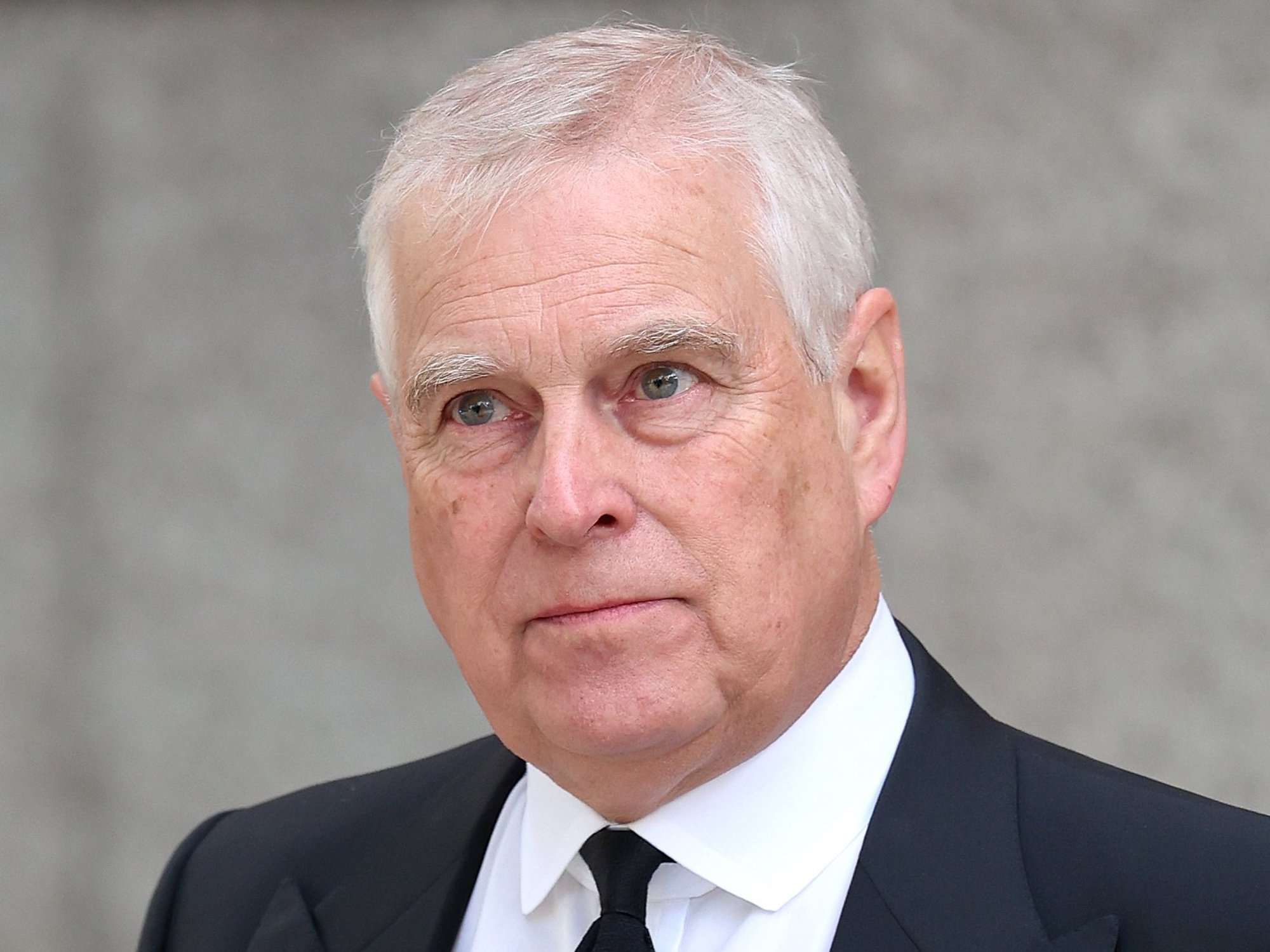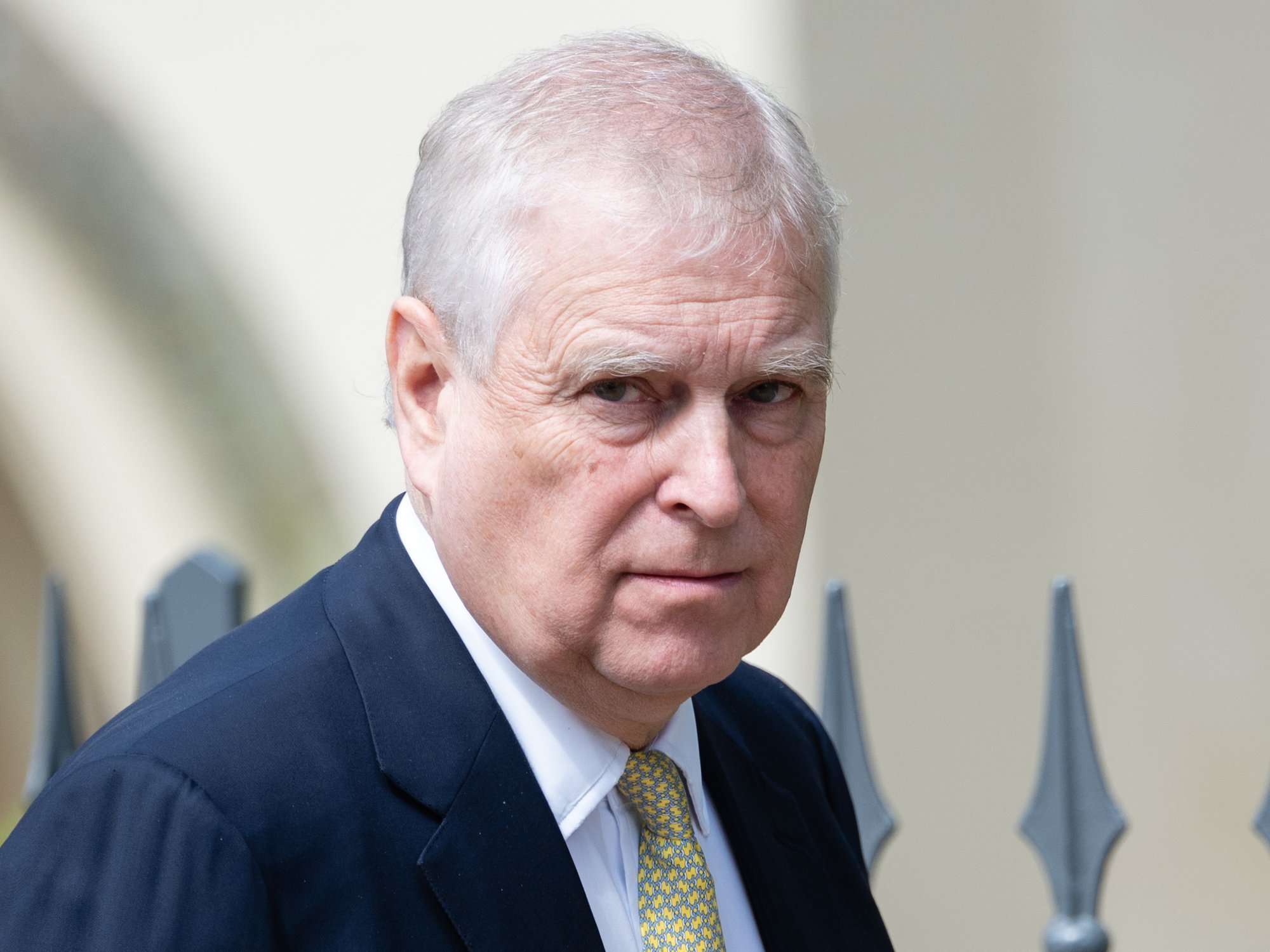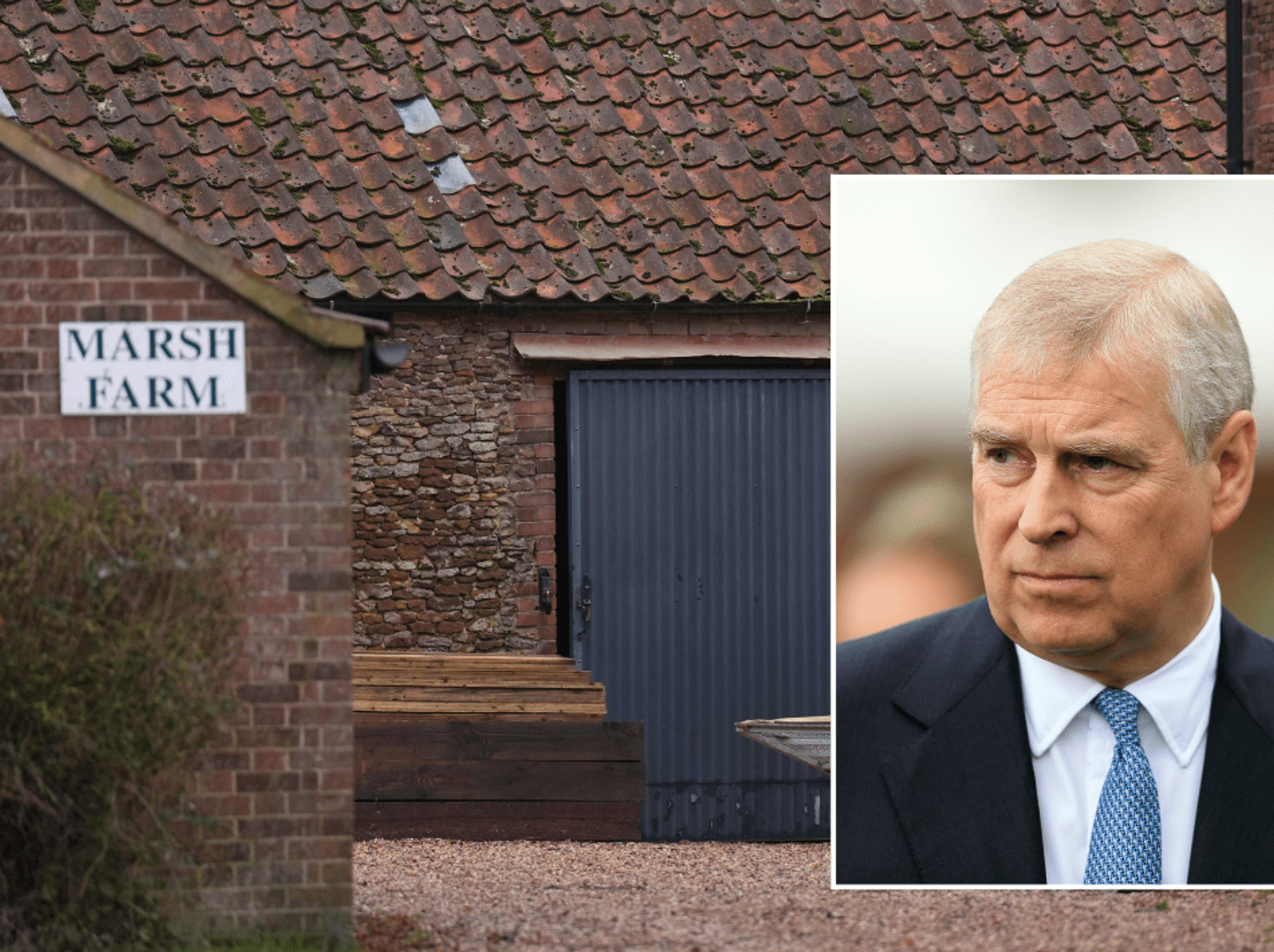Donald Tusk just launched a grenade at EU's migration policy and the ECHR
Donald Tusk has taken a hard stance on immigration which has come as a shock to Brussels elite
Don't Miss
Most Read
In a bold move set to ignite a fresh debate across the European Union, Polish Prime Minister Donald Tusk announced this weekend that Poland will temporarily suspend the right to claim asylum for migrants crossing the border from Belarus.
The decision, aimed at addressing what Tusk describes as a growing security threat, could have far-reaching implications for the EU's approach to migration.
Speaking at a rally of his Civic Platform party, Tusk declared, “I will demand recognition in Europe for this decision.”
His comments signal that the Polish leader intends to bring the issue to the forefront of discussions among EU leaders, many of whom are set to meet in Brussels this week.
Poland’s eastern neighbour, Belarus, has been accused of facilitating a "hybrid war" against the EU by funnelling migrants from the Middle East and Africa across the border.
The tactic, aimed at destabilizing the EU, mirrors similar actions taken against Finland, which led Helsinki to close its border with Russia earlier this year.
Belarus is a close ally of Russia, and both countries have been accused of using migrants as pawns to sow discord within the EU - a move they have denied.
Poland’s decision raises serious questions about compliance with the ECHR which prohibits countries from returning individuals to nations where they might face torture, inhuman treatment, or other dangers.
Tusk’s move suggests Poland may be seeking to carve out security-related exceptions, a precedent that could potentially ripple through other EU member states.
Tusk, a former president of the European Council, is keenly aware of the shockwaves his announcement is likely to cause at the upcoming EU leaders' summit in Brussels.
According to EU diplomats, Tusk plans to push for a broader discussion on how Europe can counter the migrant strategy allegedly employed by Russian President Vladimir Putin and Belarusian President Alexander Lukashenko.
Polish officials have quickly rallied around Tusk’s decision.
Europe Minister Adam Szłapka argued that suspending asylum rights is legally justified when national security is under significant threat.
“Our security is under pressure. We have to look for special measures,” he said.
Foreign Minister Radosław Sikorski echoed this sentiment, emphasizing that Poland will not adopt EU proposals that could compromise its security.
Tusk said he would present the migration strategy at a government meeting on Oct. 15, the first anniversary of the election which brought the coalition he leads to power.
Since taking office in December 2023, Tusk has pursued a tough policy towards migration, a strategy which has won broad public support but which has dismayed activists who had hoped he would abandon the previous, nationalist administration's approach.
Marysia Zlonkiewicz from Grupa Granica, an NGO that helps migrants at the border, said suspending the right to asylum was against the constitution and would push migrants into the hands of people smugglers.
"Prime Minister Tusk is violating the constitution that he promised to defend... You cannot selectively exclude or deprive people of constitutional rights," she said.










